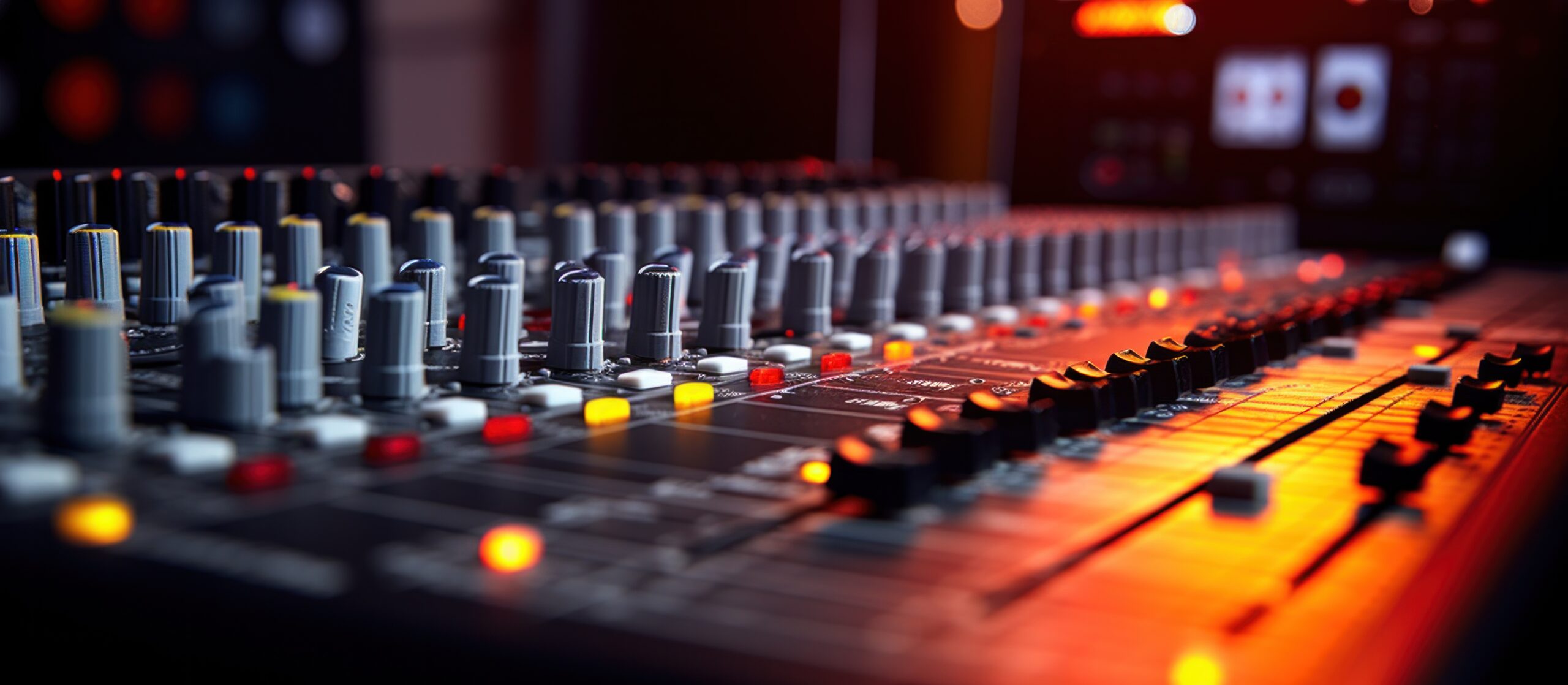Artificial intelligence (AI) is revolutionizing the music industry, from composition to marketing, but in Saint Lucia, the response is a mix of enthusiasm and caution. Local voices, including a tech consultant, a hitmaker, and a reggae artist, share their perspectives on this transformative technology. While AI offers efficiency and cost savings, it also raises complex questions about ownership, creativity, and cultural authenticity. Critics fear AI-generated music and cloned voices could dilute artistry and undermine copyright, while proponents view it as the next evolutionary step in music. Jim Joseph, a tech consultant, likens the current skepticism to past technological shifts, such as the transition from live bands to synthesizers. He predicts gradual acceptance but warns of unresolved legal issues, particularly around copyright and fair use. Award-winning musician Sherwinn Dupes Brice describes the duality of excitement and fear, emphasizing the need for artists to adapt and elevate their creativity. He stresses the importance of marketing and calls for updated copyright laws to address AI cloning. Reggae artist Werner Semi Francis sees AI as a supplementary tool, advocating for a hybrid approach that blends AI with human creativity. He believes success still hinges on song quality and business acumen. Joseph highlights the lag in copyright laws, noting that fully AI-generated content may not qualify for protection. He advises creators to scrutinize platform terms to avoid unintended reuse of their work. Brice and Francis both emphasize the need for legal clarity and cultural preservation, urging artists to maintain authenticity while leveraging AI. As regional experiments, like Trinidad and Tobago’s AI soca artist JOU VAY, emerge, questions about voice ownership and royalty distribution grow more pressing. The consensus among Saint Lucian artists is clear: embrace AI’s efficiency, navigate legal complexities, and preserve the human essence of music.
